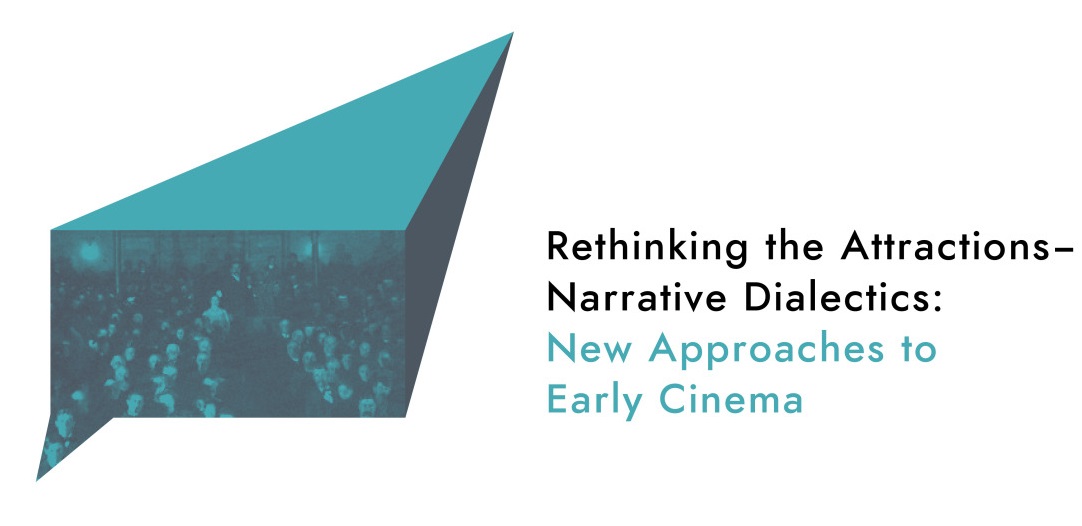The Project Was Presented at an International Conference on Early Cinema in Ghent (Belgium)

Giving a talk "Librettos as Source Material for Film History (The Case of Early Russian Cinems)" at the international conference RETHINKING THE ATTRACTIONS-NARRATIVE DIALECTICS: NEW APPROACHES TO EARLY CINEMA, Anna Kovalova presented the project "Early Russian Film Prose" to foreign colleagues.
Summary:
This paper presents and interprets a new collection of early Russian cinematographiclibrettos, brief descriptions of films that were published in the press and handbills. TheHigher School of Economics Research Team Project “Early Russian Film Prose”, which Ilead, is creating the most complete electronic collection of all the pre-revolutionaryRussian narrative film texts.
One of the most difficult problems facing silent cinema historians has become thequestion of lost films. The problem is especially relevant for Russian cinema: theoverwhelming majority of early Russian films (nearly 85 percent) are considered lost. Soit is logical to conclude that librettos should be a crucial source for reconstructing theselost or incomplete films.
Though this is the case, in many instances the text does not truly correspond with asurviving film, and the dialogues in a libretto sometimes have nothing in common withthe film’s original intertitles. The history of librettos may be considered as a separateprocess that is, nevertheless, dialogically connected with the evolution of film production.
During the 1910s the libretto evolved significantly, and its narrative structure becamemore complex and diverse. At first the libretto was intended to reflect the entire film plot.But later it became common to end it with “to be continued”, so these late librettos havecliffhanger endings like modern synopses. Though they do not coincide with the filmplot, they reflect an important process in mature pre-revolutionary cinema that tends toreplace typical plot schemes with less predictable and realistic stories.
In the mid-1910s, Ich-Erzählung librettos appear, a phenomenon that can be connectedwith certain tendencies in the evolution of film language: cinema was becoming moresubjective and psychological.
Gathered in a single database, film librettos can be a source not only for reconstructingand identifying films but also for interpreting the history of film poetics.
